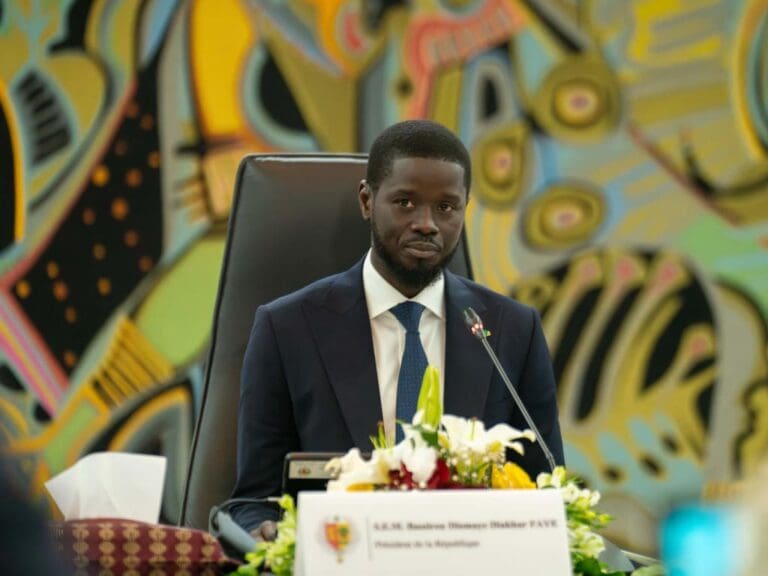Following the presentation of a final report outlining proposed changes, Faye emphasized his commitment to enact “highly original and revolutionary proposals” developed with various stakeholders.
The reforms target long-standing criticisms of the system. Key areas include restructuring this body to guarantee judicial independence, opening up the legal field for greater participation, upgrading facilities and prioritizing prisoner well-being, reflecting African cultural values in legal iconography, combating abusive practices within the system, and revising penal and criminal procedure codes for fairness and efficiency.
President Faye acknowledges the need for parliamentary cooperation, despite lacking a current majority. He also addressed his prior promise to join the High Council of the Judiciary, stating a willingness to reconsider based on judges’ input.
The reform agenda expands to prison administration, emphasizing improved conditions and prisoner dignity. Additionally, the plan aims to modernize the justice system through technology and establish bodies like a High Authority of Justice and a magistrate for liberties.
President Faye stressed the urgency of “systemic transformation” to rebuild trust between the judiciary and the public. This ambitious plan signifies a significant shift for Senegal’s legal landscape.
ODL/ac/sf/lb/abj/APA


